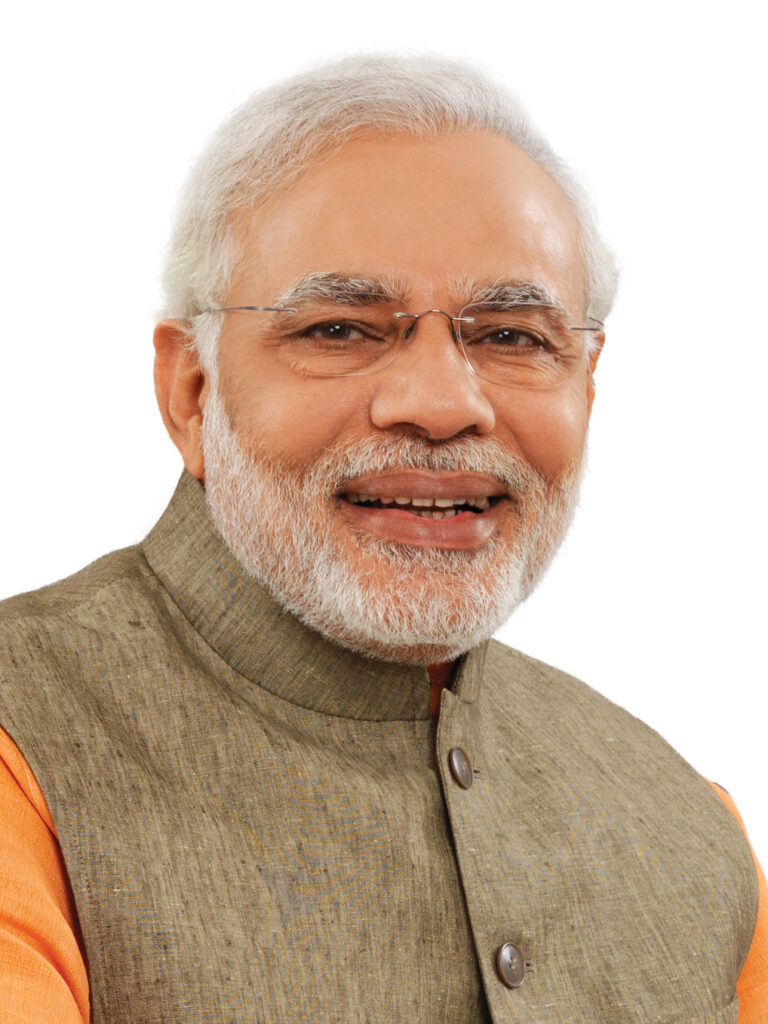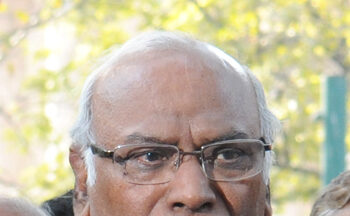The Congress party has accused Prime Minister Narendra Modi’s administration of transforming India into a “surveillance state” through amendments to the income-tax law that allegedly grant tax officials unfettered access to individuals’ digital communications and financial data. The party contends that these changes permit authorities to intrude into citizens’ emails, social media accounts, and bank records without due process, thereby eroding fundamental privacy rights.
On its official X handle, Congress stated, “They spied on us with Pegasus. Now, they’ll take away our personal lives altogether. Under Modi’s new income tax law, the government is quietly giving tax officials the power to break into your digital life. No warrant, no notice—mere suspicion is enough to strip you of your privacy. This is surveillance. And we must all oppose it unequivocally.”
This assertion references the Pegasus spyware controversy, where allegations surfaced that the government utilized sophisticated surveillance tools to monitor journalists, activists, and political opponents. The government has consistently denied these allegations.
The contentious amendments to the income-tax law are part of a broader legislative overhaul aimed at modernizing India’s tax framework. According to reports, the government plans to introduce a new bill to replace the decades-old income tax law, reducing its length from over 800 pages to 622 pages by eliminating redundant sections and clarifying complex provisions. This initiative seeks to decrease litigation and promote voluntary compliance among taxpayers.
However, critics argue that within these reforms lie provisions that could potentially infringe upon individual privacy. Legal experts express concern that the amendments might empower tax authorities to access personal digital information without sufficient judicial oversight, thereby increasing the risk of abuse.
In response to these allegations, government officials assert that the amendments are designed to enhance tax compliance and curb evasion. They emphasize that adequate safeguards are in place to prevent misuse of the powers granted to tax authorities. The Finance Ministry has yet to issue an official statement addressing the specific concerns raised by the Congress party.
This development has reignited debates over privacy and state surveillance in India. The Pegasus spyware scandal, which implicated the government in unauthorized surveillance activities, had previously sparked widespread outrage and calls for greater accountability. The current allegations by the Congress party suggest that apprehensions about governmental overreach into citizens’ private lives persist.
Privacy advocates argue that the convergence of expansive surveillance capabilities and insufficient oversight mechanisms poses a significant threat to democratic freedoms. They caution that without robust checks and balances, the state’s intrusion into personal digital spaces could become normalized, leading to a chilling effect on free expression and dissent.
The Congress party’s allegations come at a time when the Modi administration faces increased scrutiny over its commitment to civil liberties. International observers have raised concerns about the erosion of democratic norms in India, citing instances of curtailed press freedoms and the targeting of political opponents.
As the government prepares to present the new income-tax bill in Parliament, opposition parties are expected to intensify their scrutiny of its provisions. The legislative debate will likely focus on balancing the state’s interest in efficient tax administration with the imperative to protect individual privacy rights.
The outcome of this legislative process will have far-reaching implications for the relationship between the state and its citizens in the digital age. It will test India’s ability to uphold democratic principles while adapting to the challenges posed by technological advancements in governance.




 India Shifting Towards LNG Term Contracts Despite Falling Spot Prices: S&P
India Shifting Towards LNG Term Contracts Despite Falling Spot Prices: S&P 